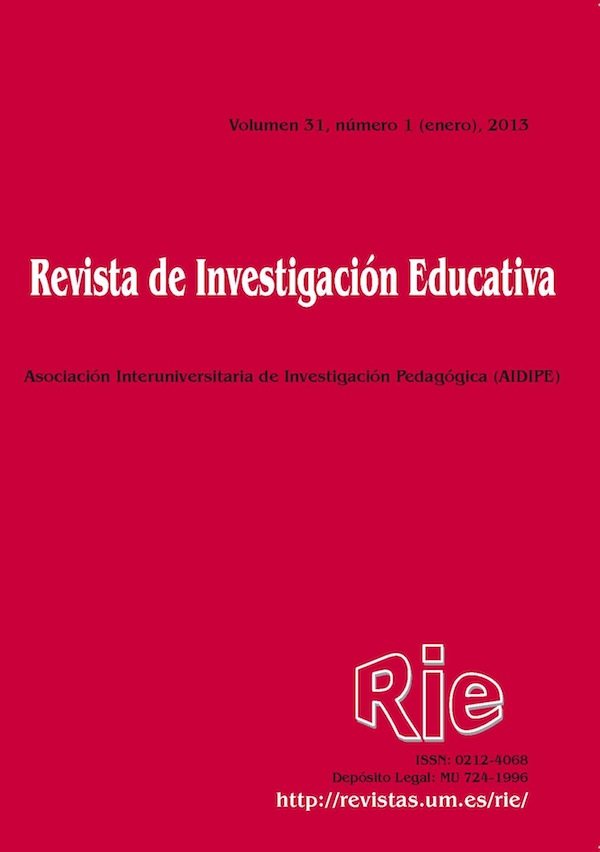Mathematics performance and attitude towards mathematics in inclusive schools: a study in the region of Madrid
Supporting Agencies
- Comunidad de Madrid. Gr58/08-C. Financiación del Programa de Creación y Consolidación de Grupos de Investigación. Universidad Complutense-Comunidad de Madrid-BSCH
Abstract
This article deals with the problem of low achievement in instrumental subjects such as Mathematics from the perspective of Adaptive Theory. It was assumed that schools, aware of diversity in their classrooms, would plan educational strategies accordingly in order to cater for different students, thus achieving better results than schools which focus on groups as a whole. Using a quasi-experimental research design, three types of interventions were compared in terms of the degree of inclusiveness of their projects. The sample comprised 437 second year Compulsory Secondary Education students from different schools in Madrid. Mathematics performance and attitude towards the subject were measured. Contrastive analyses were carried out before and after the intervention. Results show differences in mathematics performance in favour of inclusive schools; however, no improvement in the attitude toward the subject was observed.
Downloads
-
Abstract1519
-
PDF (Español (España))1060
The articles and scientific documents published in RIE abide the following conditions:
1. The Servicio de Publicaciones de la Universidad de Murcia (the publisher) has the property rights (copyright) of all the documents published and allows the reuse under the user’s license indicated in point 2.
2. All documents are published in the digital edition of RIE under a Creative Commons Reconocimiento-NoComercial-SinObraDerivada 4.0 Internacional. (legal document) license. These documents can be copied, used, distributed, communicated and explained publicly if: i) the author(s) and its original source of publishing (magazine, publisher and URL of the document) are cited; ii) it is not used for commercial purpose; iii) the existence and the specifications about this license are mentioned.
3. Auto-archive’s conditions. The authors are allowed and encouraged to digitally distribute the pre-print versions (a version before evaluation) and/or post-print (a version that it is already evaluated and accepted to its publication). This promotes circulation and distribution earlier and can increase the citations and significance within the academic community.










